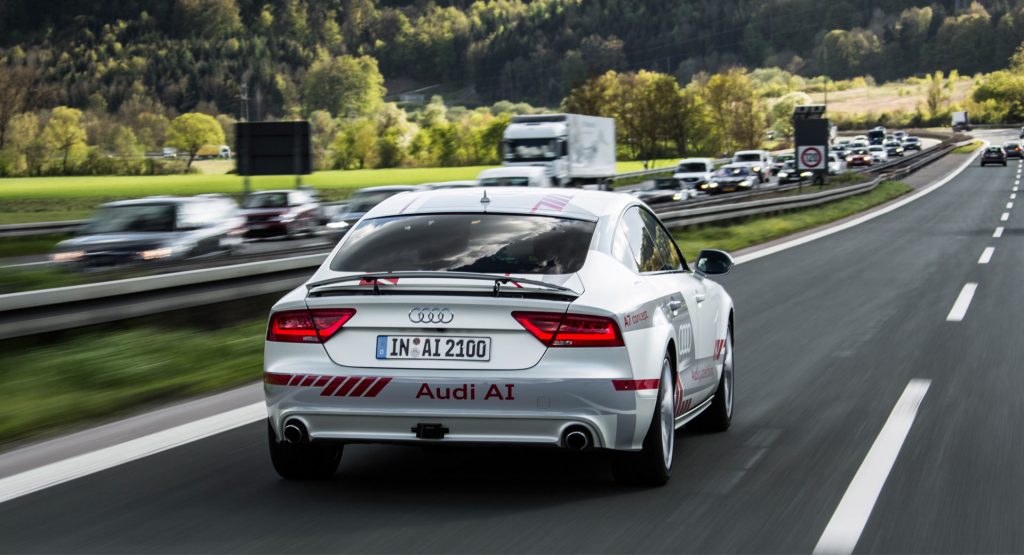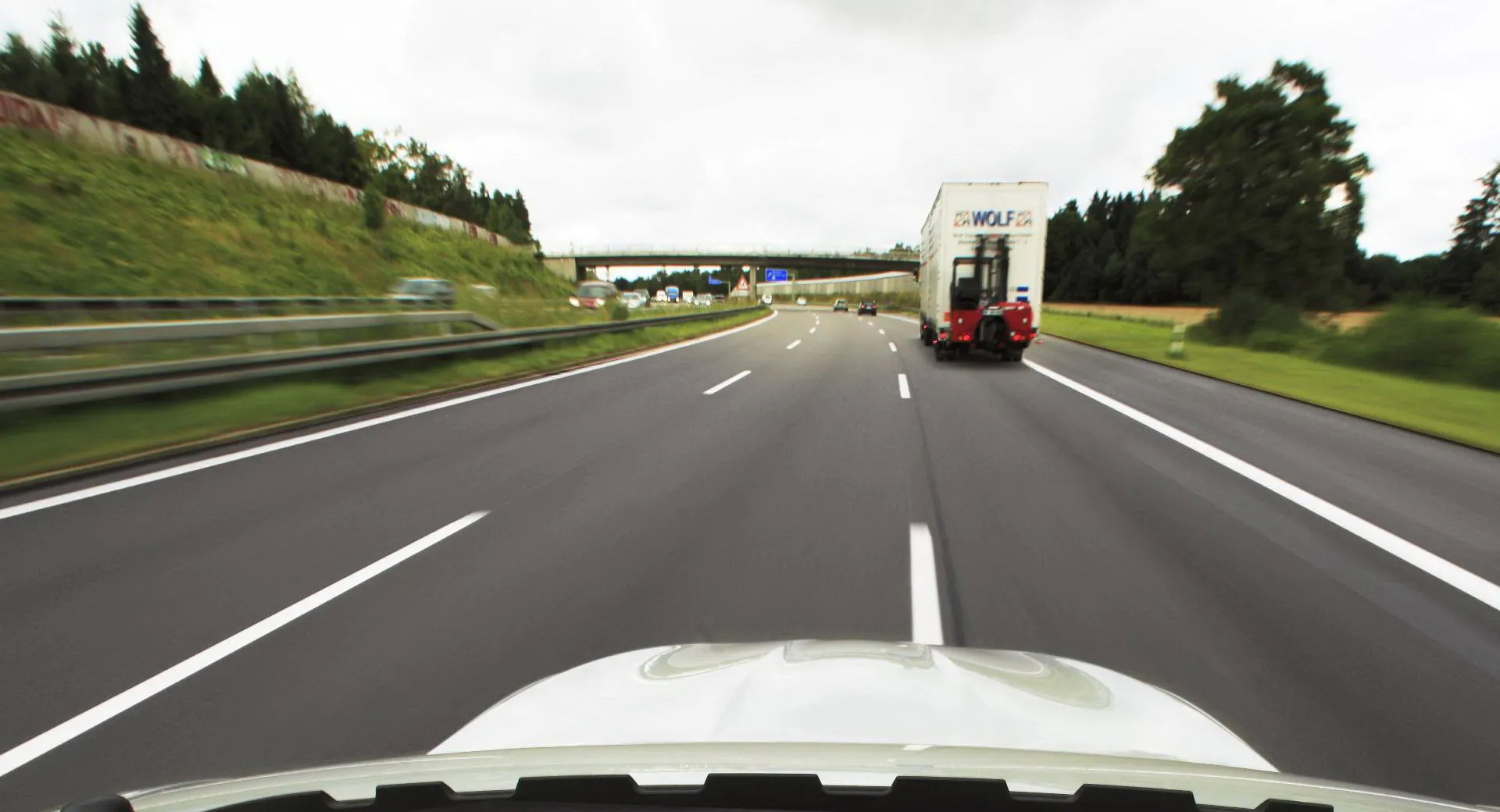The German government is reportedly preparing landmark legislation that could commercialize Level 4 autonomous driving technology by next summer.
If the legislation is passed, it would become the first comprehensive legal framework covering both homologation and traffic requirements for robotaxis, where the vehicle is controlled by a computer at all times, reports Autonews Europe.
“The planned new legal framework should create the prerequisites in the current legislative period to allow for the standard operation of autonomous, driverless motorized vehicles on public roads, limited geographically to a defined environment,” said the Transportation Ministry in a statement.
Read Also: Will The New Mercedes S-Class Feature Level 3 Autonomous Tech? Daimler’s Still Unclear On That
“Driverless vehicles should be enabled for a wide range of various applications without the need to definitively regulate any one specific use case. This flexibility allows for various forms of mobility needs to be taken into account.”
The reason why the legislation has yet to be made public is because it is currently undergoing interdepartmental revisions. All proposals have to be passed by the entire cabinet before arriving in front of German members of parliament, and ultimately the upper house.
“It goes beyond experimenting with prototypes, it is expressly directed to the commercialization of autonomous transport for people and goods,” said one Benedikt Wolfers, a partner at law firm Posser Spieth Wolfers & Partners.
Germany had already passed a law in 2017 allowing drivers to shift control of their car to an onboard computer. A common method for marketing such a feature could not be agreed upon by global regulators though.
“As long as there are no EU-wide rules in place that would constitute what is called a harmonized area of European law, member states themselves can push ahead,” added Wolfers. “Germany wants to be the first country to draft such a law.”




